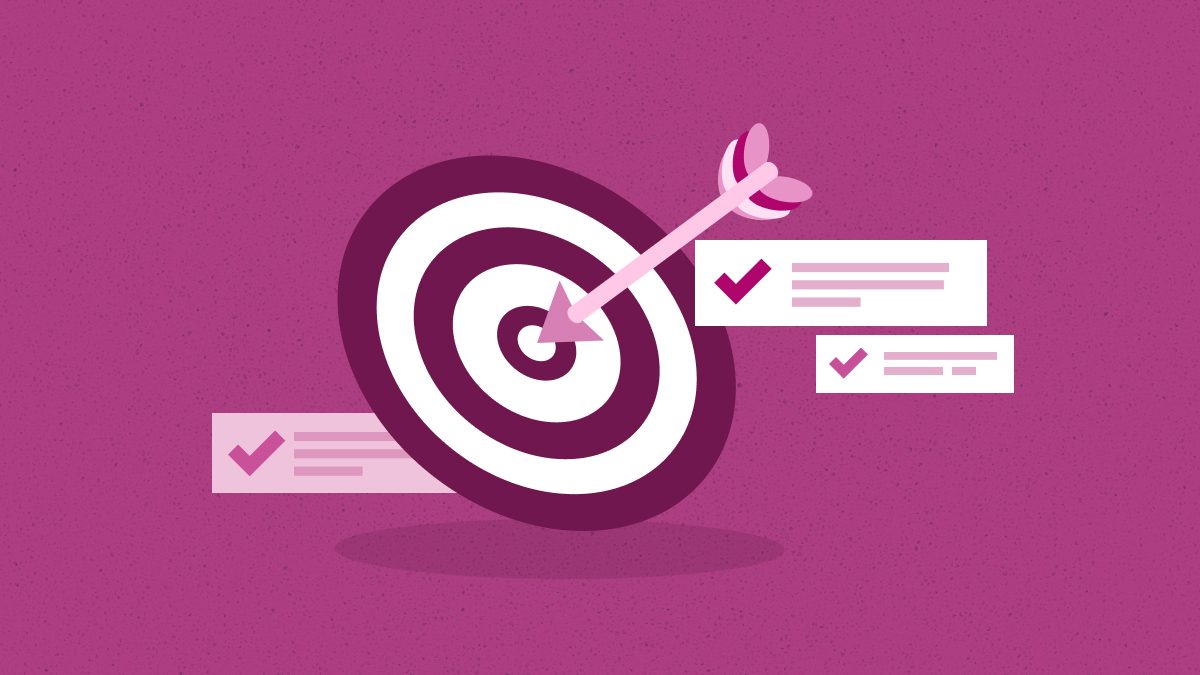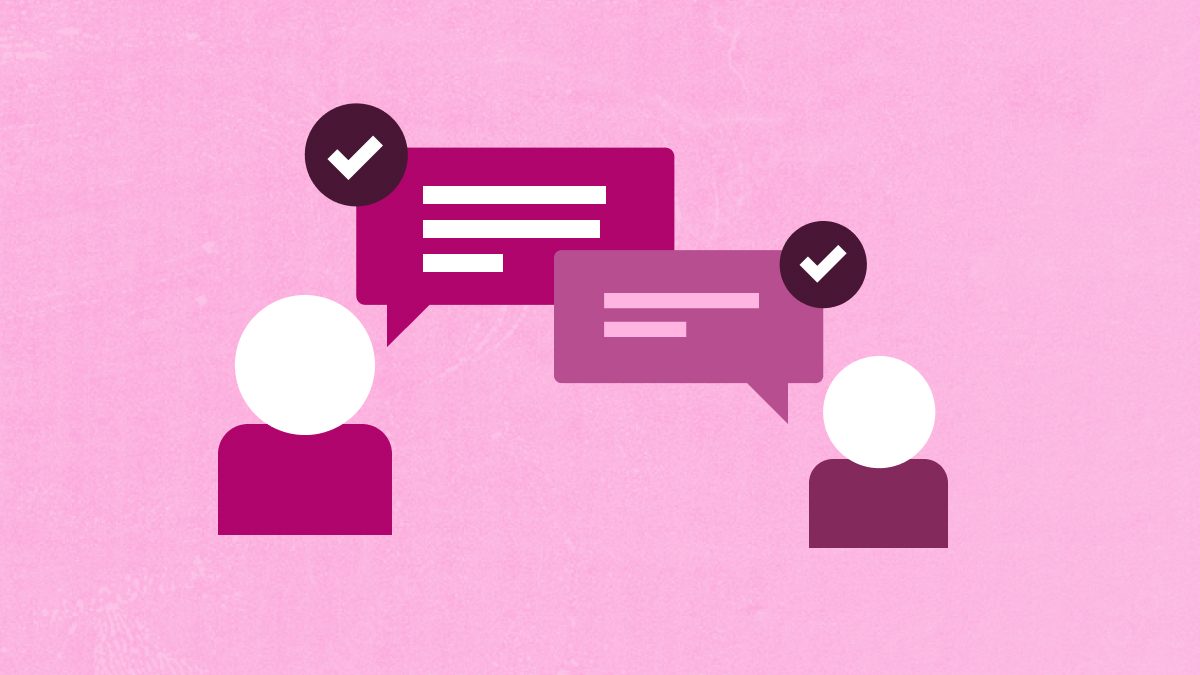Glossary about Risk Avoidance
Risk Avoidance
As a company or project manager, you must identify risks that can harm the business. However, you also have to make decisions based on the threats. For instance, you may eliminate the risk to complete the project.
Besides, you may avoid doing a specific project because of the risk involved. In such predicaments, the top thing that can help you is the concept of risk avoidance. If you want to understand it, here is what you need to know.
Risk Avoidance
Risk avoidance is a strategy that enables you to eliminate risk to prevent your business from losses. This may include identifying the individual threats and tackling them. Besides, it may also involve the decision not to engage in a risky project.
Aside from that, sometimes, risks occur in the middle of a project. In this case, you will have to make a tough decision as a manager. For instance, you must shut down the operation if you cannot eliminate the threats.
Risk avoidance involves avoiding the threat entirely instead of controlling it. This is what sets this strategy apart from risk management and assessment.
An Example Of Risk Avoidance
Risk avoidance is a concept that confuses many people in the business field. One of the reasons behind this is that workers consider it the same as risk management. However, that is far from the truth.
A key feature is that you either eliminate the risk or do not engage in that project. This means that you are not controlling or minimizing the threats. Risk management involves removing or reducing different risks.
The top business sector that engages in risk avoidance is small businesses. For example, suppose you own a company that sells power tools like drills and other things. Now you may want to offer additional services that require using the tool in a client’s home.
Typically, a small business would avoid offering service that requires their worker to be in the client’s home. This is because your business can suffer from a damage lawsuit if your employee breaks something there.
Importance Of Risk Avoidance
The top benefit of risk avoidance is that it can prevent you from facing lawsuits. This is because a client can file a case against you if you damage their property accidentally. Not only that, but the customer can also file a lawsuit if they hurt themselves on your property because of negligence.
Meanwhile, risk avoidance can prevent you from sustaining financial losses as a large business. For instance, your manager’s decision not to develop a product can allow the company to retain funds for a safer and more profitable project.
Lastly, it can also save your employees from unnecessary stress that can lead to health issues. This may happen because of the pressure of managing a risky project. It also offers them more security as they do not have to worry about the risk of getting fired should the project fail.
Final Words
This is everything you need to know about the definition of risk avoidance. We hope this guide has helped you understand it thoroughly.




